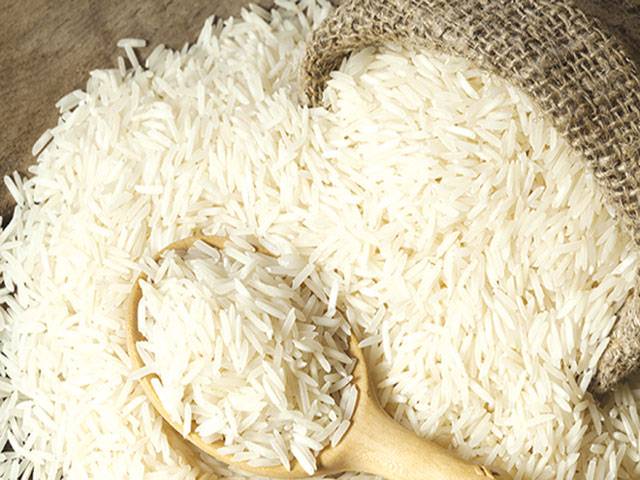LAHORE - The Rice Exporters Association of Pakistan (REAP) has demanded the State Bank of Pakistan to extend the payback period for the export refinance loans to 360 days from the current 180 days, as the rice exports are constantly declining due to lowering prices of rice in the global market.
The other reasons for the rice sector crisis include the soaring cost of production because of expensive inputs, lower yielding seeds, unsold stock of the last two years, acute shortage of funds, and the inability of growers, millers and exporters to return their loans.
“And the government seems to be indifferent to the situation, which is unfortunate,” observed REAP Chairman Shafique Chaudhary.
In order to restore compatibility of Pakistani basmati, Shafique demanded refund of the Withholding Tax paid by the rice exporters in 2013-14 and 2014-15, and reduction in its rate in future to 0.25 percent only.
Addressing a meeting at the REAP office here on Saturday, the chairman also demanded the withdrawal of WHT of 3.5 percent on the local purchase of paddy rice and various strategic interventions that would enable the rice exporters to operate without subsidies.
“It has become uncompetitive, especially in the case of various basmati varieties, and the rice-importing countries have begun turning to India, Thailand and Vietnam,” Shafique added. He further said that the demand for Pakistani rice was drying up because of its comparatively higher prices.
“In terms of quantity, the country has been producing about 2 million tonnes of basmati rice, half of which is consumed domestically and the rest is exported. But from 2011 onwards, the exports started declining for various reasons,” he elaborated.
He added that one of the reasons for drop in the quality of basmati was that since 1997 no new basmati seed had been introduced in the market.
“The inability of public sector researchers to introduce new high yielding basmati varieties in Pakistan has resulted in a constant decline in its per acre production, enabling the Indians to capture global basmati market with new long grain, high yield varieties,” he added.
“However the more immediate problem faced by the rice industry is the shortage of cash flow. The exporters are not in a position to even purchase paddy from growers,” the chairman said. “If rice exporters’ concerns are not addressed and their proposals are not considered, the rice export will see further drop,” Shafique warned. He demanded the rice mills be exempted from gas and electricity loadshedding, so that the export targets could be achieved.
Moreover, rice must be included in the list of items that come under the Free Trade Agreements (FTA) signed with different countries, so that a substantial quantity of rice may be exported.
Thursday, April 18, 2024
Rice exporters for extending payback period for loans

Mehwish Hayat says she would like to work with Aamir Khan
9:59 PM | April 18, 2024
'That'll be awesome,' Rohit Sharma on idea of Pakistan vs India Test series
9:17 PM | April 18, 2024
Turkiye commends Pakistan's efforts in fostering regional peace
9:03 PM | April 18, 2024
CM Maryam's security squad hits biker to death in Narowal
9:02 PM | April 18, 2024
Hafiz Naeemur Rehman sworn in as new emir of Jamaat-e-Islami
8:54 PM | April 18, 2024
Hepatitis Challenge
April 18, 2024
IMF Predictions
April 18, 2024
Wheat War
April 18, 2024
Rail Revival
April 17, 2024
Addressing Climate Change
April 17, 2024
Justice denied
April 18, 2024
AI dilemmas unveiled
April 18, 2024
Tax tangle
April 18, 2024
Workforce inequality
April 17, 2024
New partnerships
April 17, 2024
ePaper - Nawaiwaqt
Advertisement
Nawaiwaqt Group | Copyright © 2024





